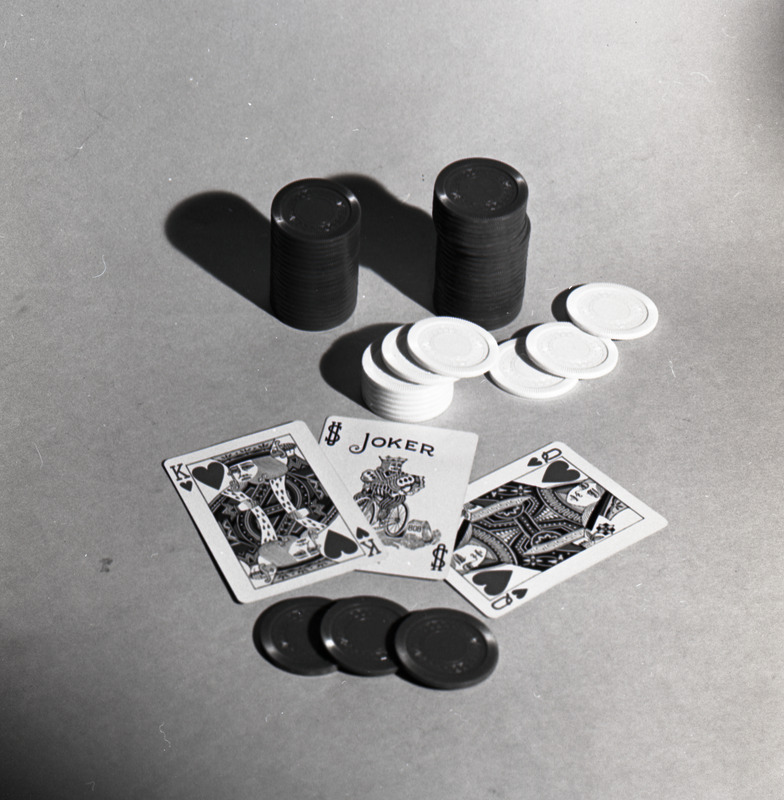In the Idaho Territory days of the mid-1800s, gambling was prominent in parts of Idaho.1 As the area inched closer to statehood, however, local officials began to crack down. In 1889, the original state constitution was written and ratified. Article III, Section 20 was noticeably vague about the legality of gambling in specific forms: “The legislature shall not authorize any betting or gift enterprise, under any pretense or for any purpose whatever.”2
As a result of this vagueness, illegal gambling continued throughout the state for decades, often in the form of “slot machines and illicit card games in cigar stores or tucked away in secret rooms,” although not without local opposition.3 In 1898, the Boise City Council enacted a long list of specific activities defined as illegal gambling, including “‘any game played with cards, dice, or any other device, for money, checks, credit or any other representative of values.’”4 In 1904, Boise Mayor James Hawley gave permission to Boise police to “smash in the doors of suspected gambling joints.”5 In 1916, Twin Falls adopted language outlawing slot machines specifically.6
Although many local and state officials were strongly against gambling, operations changed during the world wars. During both WWI and WWII, illegal gambling by “soldiers on leave” was often met with a blind eye by local and state officials. Although gambling, “often tied to alcohol and prostitution…has historically been considered a social, political, and moral issue…during times of war, mores often become confused.”7
In the years immediately after WWII, local and state officials began cracking down on illegal gambling operations again, particularly in the Magic Valley. But in 1947, the Idaho legislature caved to the popular trends of the day, legalizing “coin-operated amusement devices.”8
The state legalization of slot machines was a significant moment in Idaho legislative history. Several unincorporated communities took advantage of state incorporation laws “in order to bring slot machines into their newly formed municipalities” for the revenue. Garden City incorporated when Boise banned slot machines and Crouch incorporated a 10-mile stretch of a narrow, “one-foot-wide” section just to legalize slot machines at a specific roadhouse.9
While slot machines saw widespread popularity in Idaho in the years immediately following WWII, their popularity was short-lived. In 1953, federal Judge Chase A. Clark declared Idaho’s 1947 slot machine law unconstitutional. Following the federal ruling, the Idaho legislature rescinded their 1947 law and banned slot machines, giving machine owners the option of “destroying them or shipping them to Nevada.”10 (Many machines were stolen with hopes of secretly continuing their operation, but many were thrown in rivers - to the point where scuba divers in the 1980s were “still finding abandoned old-timey slots with silver dollars in them.”11)
The story of gambling in Idaho doesn’t end there. In 1986, a citizen’s initiative garnered enough support to approve a new lottery. This was met with strong opposition from lawmakers “on the grounds that it lacked the needed legislative approval to amend the Idaho constitution.” The state Supreme Court shot down the citizen’s initiative but failed to shoot down the cultural shift in attitude toward gambling. By 1988, the state legislature caved to popular pressure and allowed the creation of a lottery onto the ballot, where it passed in the general election.12
In 1992, Article III Section 20 of the state constitution was amended:
- (1) “To clarify that gambling is contrary to public policy and is strictly prohibited except for the state lottery which is authorized by the state of Idaho, pari-mutuel betting, and bingo and raffle games that are operated by qualified charitable organizations in the pursuit of charitable purposes if the lottery, pari-mutuel betting and charitable bingo or raffle games are conducted in conformity with enabling legislation;
- (2) To prohibit the employment of any game that is typical of casino gambling including, but not limited to, blackjack, craps, roulette, poker, bacarat, keno and slot machines, and to prohibit the employment of any electronic or electromechanical imitation or simulation of any form of casino gambling;
- (3) To provide that the legislature shall provide by law penalties for violations of this constitutional amendment; and
- (4) To provide that (i) merchant promotional contests and drawings conducted incidentally to bona fide nongaming business operations if the prizes are awarded without consideration being charged to participants; and (ii) games that award only additional play are not gambling and shall not be prohibited by this constitutional amendment.”13
The passage of a state lottery prompted questions about tribal casino laws. “Under federal Indian gaming law, Idaho tribes could only operate their own bingo and lottery operations as long as the state also authorized that form of gaming.” Discussions of Indigenous gambling rights were tense between the state government and sovereign Indigenous nations in Idaho, particularly around the issue of which types of gaming devices were legal for tribal casinos.
In 2002, the Nez Perce and Coeur d’Alene Tribes successfully campaigned for video gaming machines to be allowed in their casinos, strategically including specific language to the constitutional amendment stating that “as long as the machines do not have a lever or dispense coins - only cash out tickets - then they could not be defined as a slot machine and nor are they a simulation of casino gambling.” In 2009, the state legislature took it to the 9th Circuit Court of Appeals, which decided to uphold video gaming devices in tribal casinos. (This ruling also led to a “2009 ruling where the Idaho Supreme Court declared Idaho could no longer sue regarding the constitutionality of the tribe’s machines.”)14
Although Idaho outlawed slot machines in the 1950s, the state legalized betting on horse racing in 1963. However, betting on horse racing has diminished with the legalization of the lottery, tribal casinos, and online gambling.15
In 2021, gamblers can engage in the state lottery, tribal casinos, betting on horse racing, or playing “bingo and raffle games operated by qualified charitable organizations.”16 However, gamblers interested in casino card games - such as Blackjack or Poker - have to look out of state, as “Idaho only allows slot machines and video poker to be played, even at the Indian casinos.”17 These rules are outlined in the current version of the Idaho Constitution, Article III, Section 20.18
Sources
-
Arthur Hart, “Idaho history: Cracking down on gambling kept police officers busy at turn of 20th century,” Idaho Statesman, December 26, 2015. ↩
-
“Constitution of the State of Idaho,” Idaho State Archives, 1889. ↩
-
Mychel Matthews, “The history of gambling and betting in the Gem State,” Magic Valley, August 29, 2019. ↩
-
Arthur Hart, “Idaho history: Cracking down on gambling kept police officers busy at turn of 20th century,” Idaho Statesman, December 26, 2015. ↩
-
Arthur Hart, “Idaho history: Cracking down on gambling kept police officers busy at turn of 20th century,” Idaho Statesman, December 26, 2015. ↩
-
Mychel Matthews, “The history of gambling and betting in the Gem State,” Magic Valley, August 29, 2019. ↩
-
Mychel Matthews, “The history of gambling and betting in the Gem State,” Magic Valley, August 29, 2019. ↩
-
Mychel Matthews, “The history of gambling and betting in the Gem State,” Magic Valley, August 29, 2019. ↩
-
Mychel Matthews, “The history of gambling and betting in the Gem State,” Magic Valley, August 29, 2019. ↩
-
Kimberlee Kruesi, “Gambling in Idaho: A look at how we got here,” Magic Valley, March 16, 2015. ↩
-
Kimberlee Kruesi, “Gambling in Idaho: A look at how we got here,” Magic Valley, March 16, 2015. ↩
-
Kimberlee Kruesi, “Gambling in Idaho: A look at how we got here,” Magic Valley, March 16, 2015. ↩
-
Kimberlee Kruesi, “Gambling in Idaho: A look at how we got here,” Magic Valley, March 16, 2015. ↩
-
Mychel Matthews, “The history of gambling and betting in the Gem State,” Magic Valley, August 29, 2019. ↩
-
“Article III Legislative Department,” The Official Website of the Idaho Legislature, accessed June 11, 2021. ↩
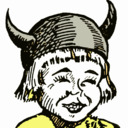

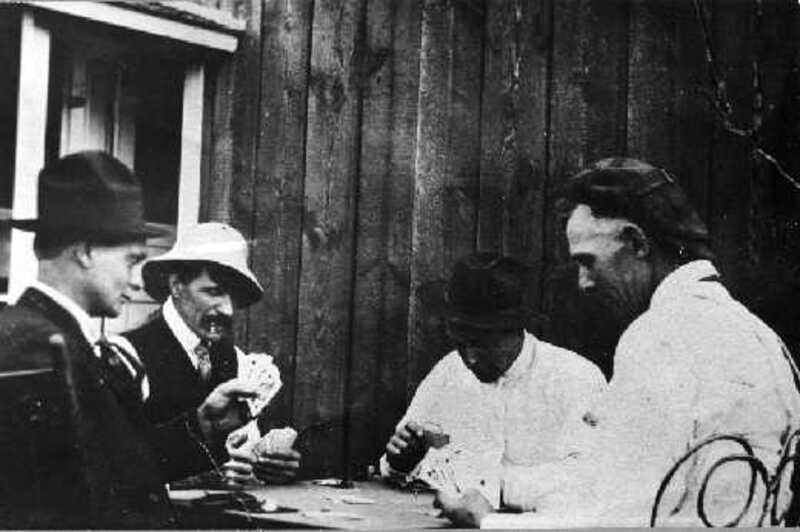
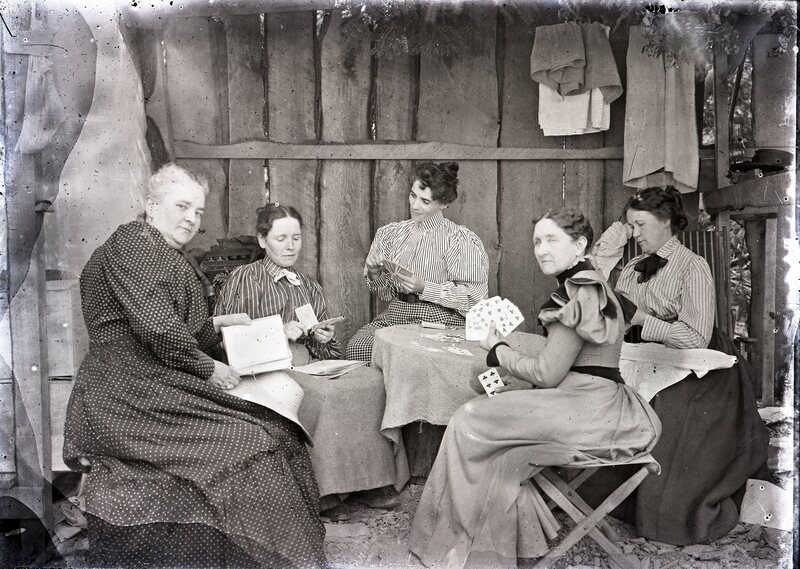
![Veterans Club [1]](https://objects.lib.uidaho.edu/harvester/small/pg8_b330a_sm.jpg)
![Veterans Club [2]](https://objects.lib.uidaho.edu/harvester/small/pg8_b330b_sm.jpg)
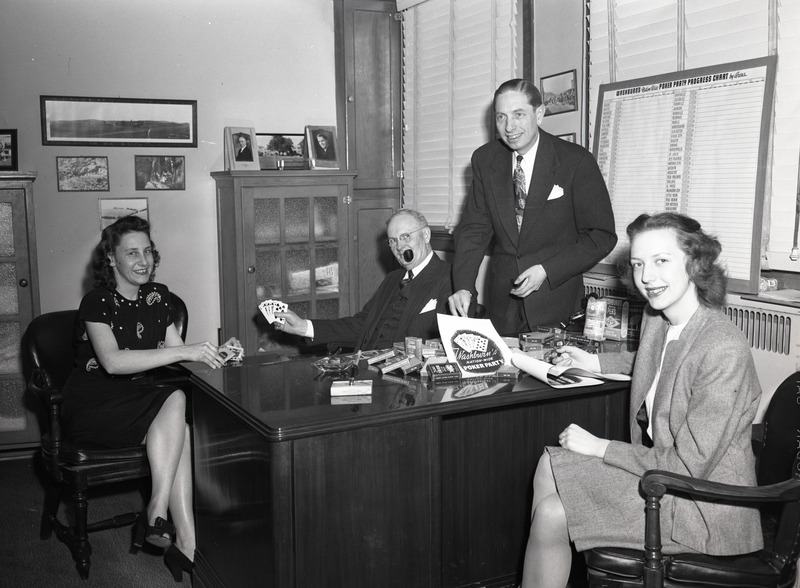
![Poker Club [2]](https://objects.lib.uidaho.edu/harvester/small/pg99-r-66_2014_sm.jpg)
![Poker Club [1]](https://objects.lib.uidaho.edu/harvester/small/pg99-i-196_2_sm.jpg)
![Horse track races [01]](https://objects.lib.uidaho.edu/stonebraker/stonebraker396.jpg)
![Horse track races [02]](https://objects.lib.uidaho.edu/stonebraker/stonebraker544.jpg)
